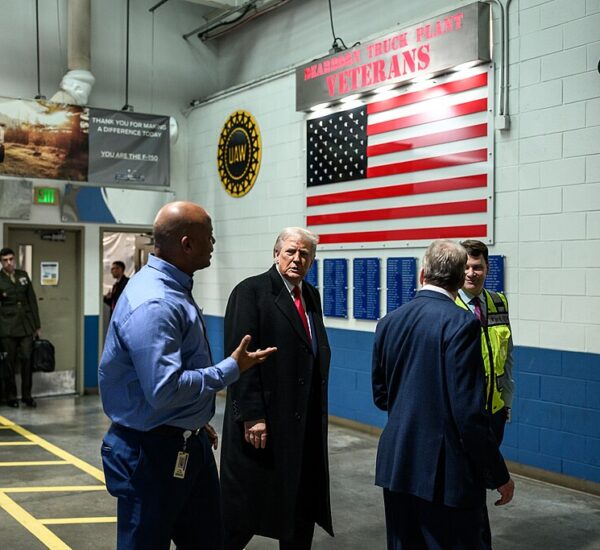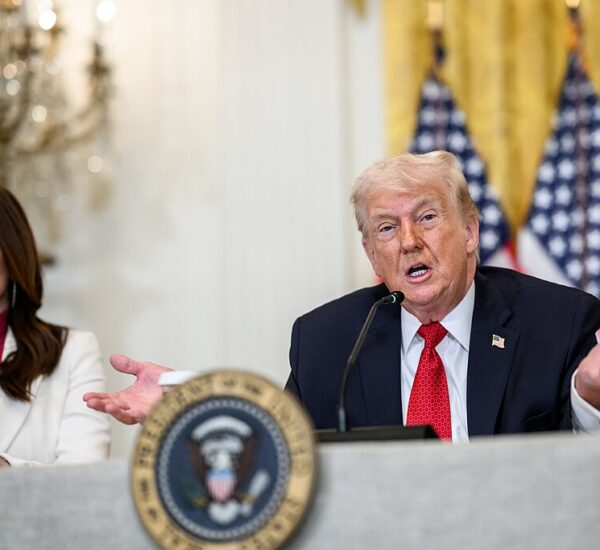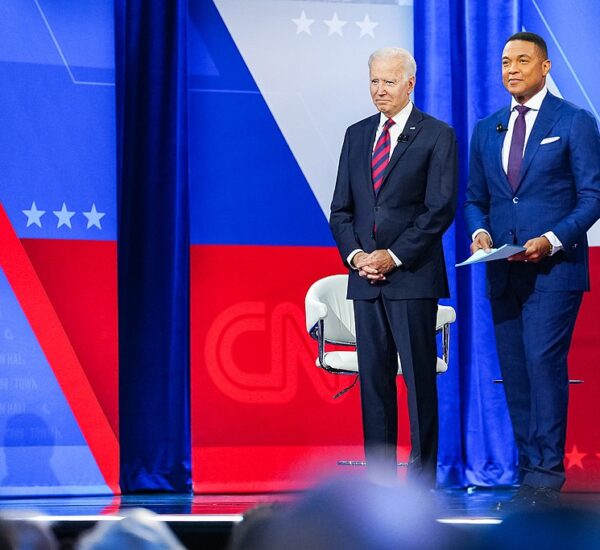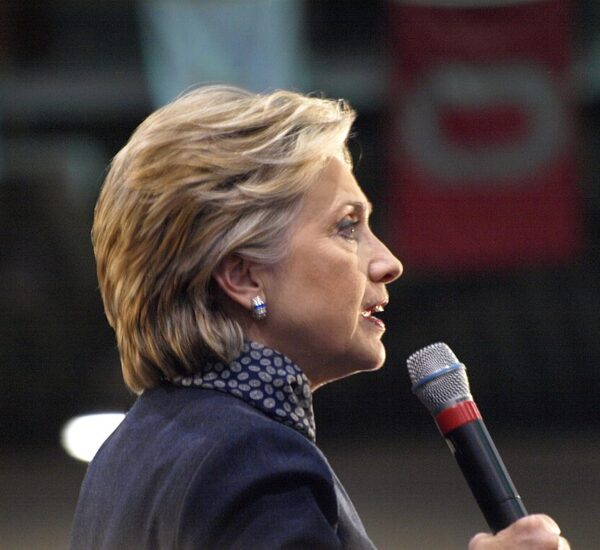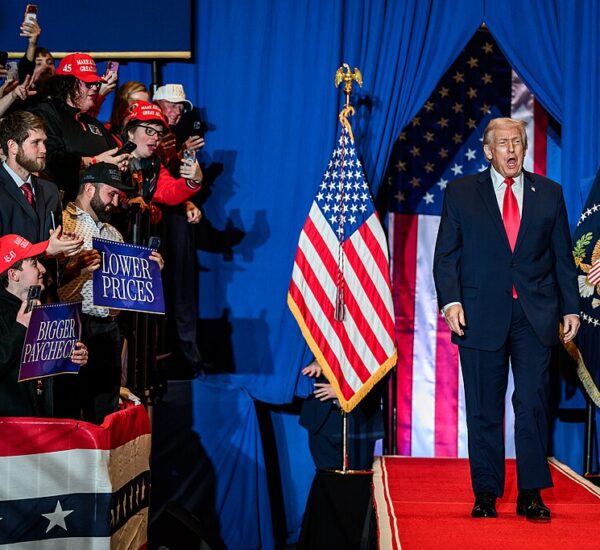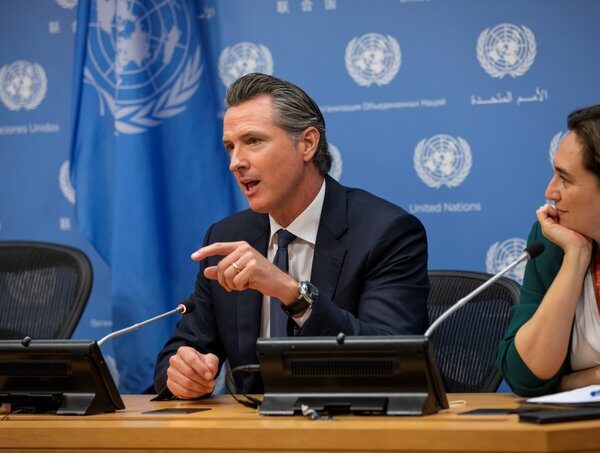Trump Going To Fort Knox
President Donald Trump announced on Thursday that he is going to travel to Fort Knox in Kentucky to examine the country’s gold reserves. This announcement comes as part of an ongoing push from prominent voices like Elon Musk and various Republican lawmakers to conduct a thorough review of the facility.
Trump, speaking to Republican governors at a Washington reception, expressed his curiosity about the storied site. “I have heard about Fort Knox my entire life. That is where all our gold is stored,” he said. He went on to joke, “We are beginning to have some doubts about this. I want to find out if the gold is really there. We’re going to open the doors, and I’m going to see for myself. Maybe there’s something we don’t know about—maybe someone’s been taking it.”
This remark aligns with the efforts of entrepreneurs like Elon Musk and Republican lawmakers such as Sen. Rand Paul of Kentucky and Sen. Mike Lee of Utah, who have advocated for more transparency regarding the gold stored at Fort Knox. They have raised concerns about the security and accuracy of the U.S. gold reserves, even suggesting that gold may be missing.
In response to these concerns, Treasury Secretary Scott Bessent reassured the public in a recent interview, stating that Fort Knox undergoes an annual audit, and all the gold there is “accounted for and present.” He emphasized that the audit process is comprehensive, ensuring transparency and security of the nation’s gold reserves.
Fort Knox has served as the repository for U.S. gold since the 1930s, holding a significant portion of the nation’s reserves. The facility is home to 147.3 million ounces of gold, nearly half of the Treasury Department’s total gold holdings. In addition to its role in safeguarding gold, Fort Knox also plays a crucial role in the military’s training efforts, hosting the Army’s largest annual training event each summer.
Trump’s decision to personally visit Fort Knox represents a desire for greater accountability and transparency, ensuring the public and policymakers have confidence in the nation’s financial and security systems.

